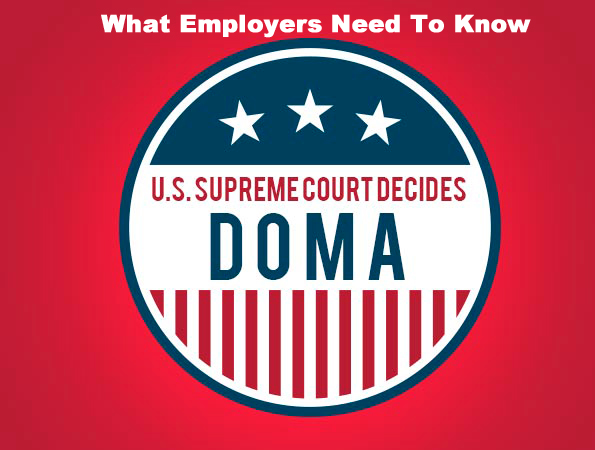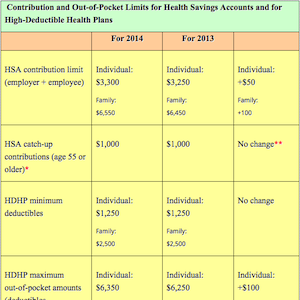
by Dr. Di Ann Sanchez | Aug 12, 2013 | HR Legislative Updates, Human Resources
On June 26, 2013, the U.S. Supreme Court, in United States v. Windsor, found that section 3 of the federal Defense of Marriage Act (DOMA) was unconstitutional. This section prohibited the federal government from acknowledging marriages between same-sex couples. Same-sex marriages were recognized as legal by 12 states and the District of Columbia at the time of the ruling.

by Dr. Di Ann Sanchez | Aug 5, 2013 | HR Compliance, HR Legislative Updates
President Obama announced a one-year delay (January 1, 2015), in the Patient Protection and Affordable Care Act (PPACA) employer mandate. Employers with 50 or more full-time equivalent employees (employees who work 30 or more hours per week) must provide health care coverage or pay steep penalties.

by Dr. Di Ann Sanchez | Jul 22, 2013 | HR Compliance, HR Legislative Updates, Human Resources
The Internal Revenue Service (IRS) announced higher limits for 2014 on contributions to health savings accounts (HSAs) and for out-of-pocket spending under high-deductible health plans (HDHPs) linked to them. A comparison of the 2014 and 2013 limits is shown below:...

by Dr. Di Ann Sanchez | Jul 15, 2013 | HR Compliance, HR Legislative Updates, Human Resources, Talent Management
Background/Credit Checks are covered by two federal laws: Title VII and the Federal Fair Credit Reporting Act (FCRA). Some states also have their own laws regarding the background/credit checks so employers need to understand the implications between the federal and...

by Dr. Di Ann Sanchez | Jul 8, 2013 | HR Compliance, HR Legislative Updates, Human Resources
Eighteen states and the District of Columbia have now legalized medical Marijuana use. The state laws vary greatly and present employer with a workplace nightmare! Employers and Human Resources professionals are finding themselves rewriting their employment policies...

by Dr. Di Ann Sanchez | Jul 1, 2013 | HR Compliance, HR Legislative Updates, Human Resources
On May 15, 2013, the Equal Employment Opportunity Commission (EEOC) provided specific types of reasonable accommodations for people with cancer, diabetes, epilepsy and intellectual disabilities. The EEOC also noted that since Congress enacted the ADA Amendments Act of...






